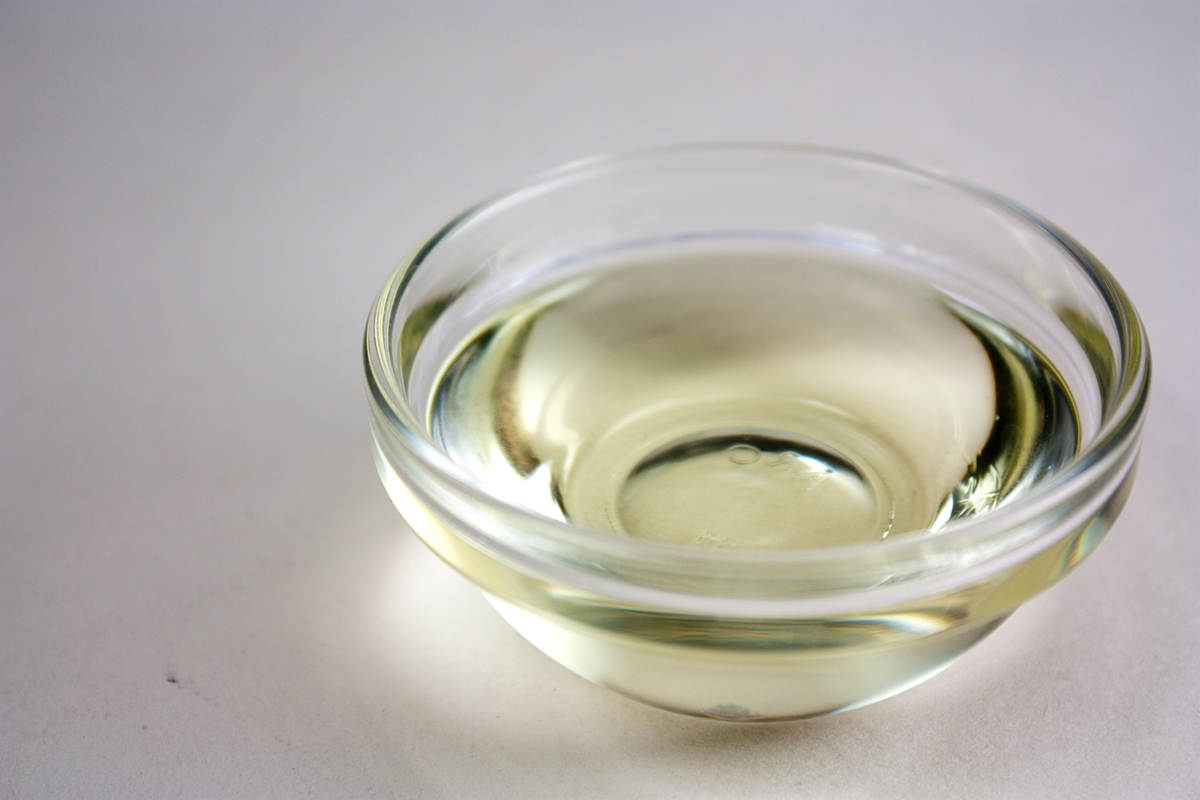
Nephrotic Syndrome - Overview
Nephrotic syndrome is a kidney disorder. It develops as a consequence of kidney damage and causes a loss of large amounts of proteins (proteinuria) and consequent hypoalbuminemia. Excessive loss of proteins is typically accompanied by swelling. The condition also includes the presence of red blood cells in the urine (hematuria). People suffering from nephrotic syndrome additionally suffer from hyperlipidemia and lipiduria. The previously mentioned characteristics are taken into consideration when deciding what a person suffering from nephrotic syndrome should eat and what kind of food he/ she should abstain from.
Diet for Nehrotic Syndrome
Nephrotic syndrome is generally treated with specific medications which are prescribed according to the underlying cause. However, diet for these patients is specific and must be well-balanced.
The doctor will analyze patient's lab results and estimate how much protein one requires. A high-protein diet used to be recommended but and now doctors prefer a different type of diet for patients suffering from nephrotic syndrome. In majority of cases the daily intake of proteins is approximately 0.8 g/ kg/ day. Good sources of proteins include eggs, lean meat, dry fish, legumes, sprouts etc. It is essential not to take too much protein since kidneys are not functioning properly and any excess may cause further damage to the already affected tubular system of the kidneys.
Sodium intake must not be drastically reduced. The total amount of sodium per day is around 2000-3000 milligrams. Processed foods are rich in sodium and they must be completely eliminated from one's diet.
A person should also pay good attention to intake of fat and cholesterol. Saturated fats as well as trans fats are strictly forbidden. The best option is food rich in omega-3 fatty acids such as flaxseed, canola oil, olive oil, walnut oil, soy nuts, walnuts, butternuts, wheat germ, tuna, sardines, anchovies etc. Food which contain saturated and trans fats like fried foods, fatty meats, poultry with skin, regular deli meats and cheeses must be avoided. One is also supposed to abstain from high-fat snack foods, high-fat baked goods and high-fat condiments. The total daily intake of cholesterol must not exceed 200-300 mg per day and the total intake of fat should account for 20-30% of all calories.
Intake of soluble fiber (oats, legumes, barley etc.) can be increased. These foods will assist the body to eliminate excess of cholesterol.
The person is supposed to have six smaller meals per day. This is much better than three traditional meals. And finally, intake of alcohol is strictly forbidden. The doctor suggests proper diet for a patients or the diet is created by a well experienced dietitian.


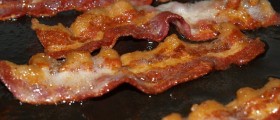
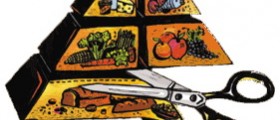
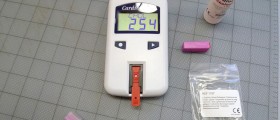
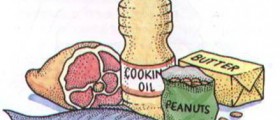
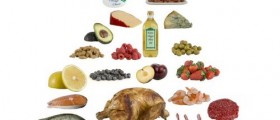
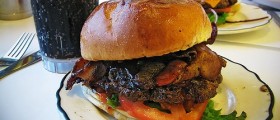

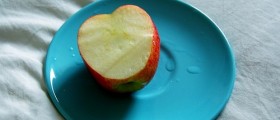
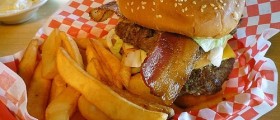
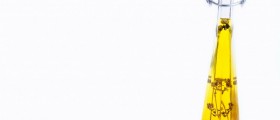
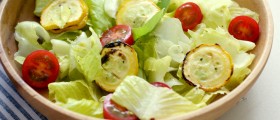
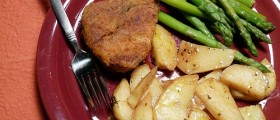
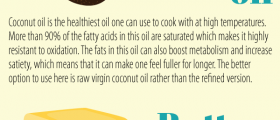
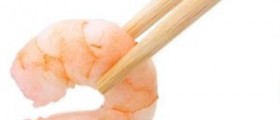

Your thoughts on this
Loading...